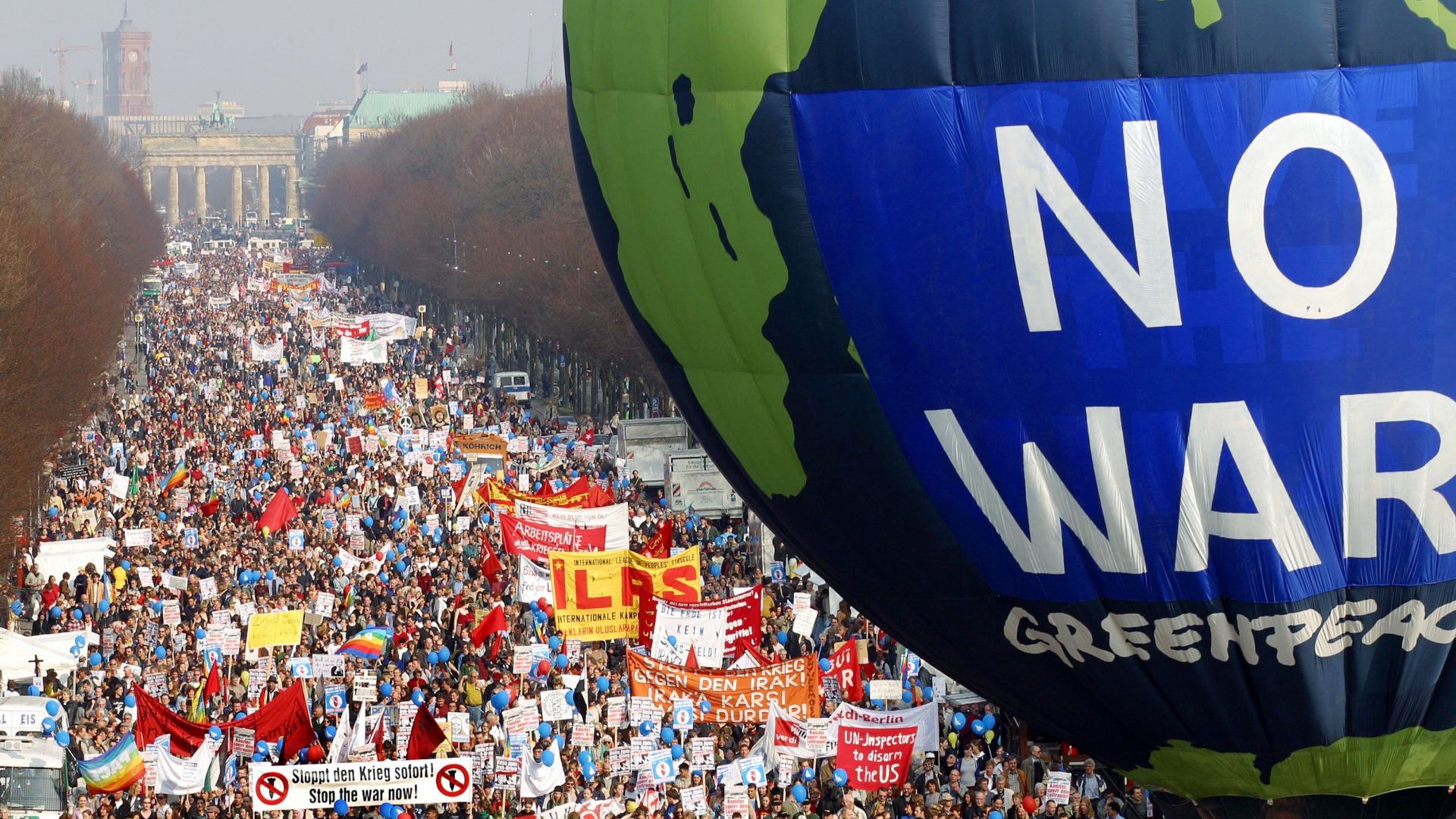Sometimes, in rare moments of self-awareness, I feel my inner German come through.
A couple of years ago, on a train from London to Devon, an announcement informed us about technical problems which would cause a minimum delay of 45 minutes.
My inner German was furious. My outer German convinced me to do as the Britons do – at least the ones in my compartment, who were unconcerned. There may have been a hint of a raised eyebrow, possibly a sigh, no abuse, no anger – and I calmed down.
No such luck on a (supposedly) high-speed InterCityExpress from Bonn to Berlin last week.
I had contemplated flying, which is affordable and only 50 minutes compared to the five-hour train. But I enjoy train rides. You get work done. And I don’t particularly like the “new” Berlin airport.
But as it turns out, I like Hamm train station even less. You don’t know where Hamm is in Germany? I’m not entirely sure either.
Anyway, our train stops at 11.02am. An apologetic loudspeaker voice announces that the ICE from Düsseldorf that should be hooked up to ours is delayed by 50 minutes. We have to wait for it, in Hamm.
My inner German immediately starts to rant, my outer German calls half a dozen friends and family members to complain about our national train operator Deutsche Bahn (it’s a national sport). The air in the compartment fills with revolution, my boyfriend eggs me on via FaceTime to force the conductor to drive on.
And I feel terribly sorry for the elderly couple in front of me who will miss the connecting train to go on a long-planned holiday. After a 43-minute wait, the apologetic loudspeaker voice says that we will now continue without the second ICE (whole train exclaims: “Why didn’t we do that in the first place?”) and a further ten minutes later we slowly leave Hamm.
A day earlier, VfL Wolfsburg player Max Kruse had posted a video from – yes – the platform in Hamm. He and his team, en route to an away game against FC Köln, had been kicked out of their ICE. The air conditioning in their compartment didn’t work so they were told to get the next train. Hamm is the German Bermuda Triangle.
I know you know how I feel: stories about the British railway system have made it to Germany, and not just since Jeremy Corbyn sat on the floor faking news. In fact, the privatisation of British Rail was a major argument against fully privatising Deutsche Bahn, still 100% state-owned.
There is now some competition in the local and regional light rail system and digitisation of timetables is going ahead. But while Swiss trains have a 90+% punctuality rate, in Germany it is only 75%. The statistics would be worse, had Deutsche Bahn not found a way to, er, rectify them: “delay” in this context means at least more than six minutes late. And if a train never makes it to the destination, it doesn’t factor at all.
In all fairness, our railway system is complicated.
With 20,878 miles, it is the busiest and longest in Europe (France: 17,077 miles, Poland 11,519 miles, Italy 10,426 miles, UK 10,156 miles, Spain 9767 miles). There are seven million passengers on 26,000 trains on a daily basis. And (unlike Japan) most German tracks are used by freight, local, regional and long-distance trains alike. As the rail network has been reduced in the last few decades, high-speed trains hardly have a chance to overtake slow ones.
In addition, money very much needed for modernisation in Germany was invested abroad. In 2010, for instance, to acquire Arriva, which Deutsche Bahn is now desperately trying to sell because of the deficit.
The good news is: our trains mostly run on green energy, so the prices will remain stable for a while. And unlike in most countries you don’t need to book a fixed train. There are flexible tickets, too, at a slightly higher rate, valid for two days, and you can even buy a ticket online up to ten minutes after having boarded the train.
Plus: 13 billion euros will be invested in the rail infrastructure and some connections (Cologne-Frankfurt in 1hr7mins, Frankfurt-Stuttgart in 1hr30mins) are already so much better than flying.
This summer, as part of the government’s relief package, monthly tickets for regional trains will be on sale for nine euros. Full details are to be announced by May 20, but train lovers are already planning a Deutschland tour for under ten euros. I think that’s just slightly cheaper than what Britons are used to




